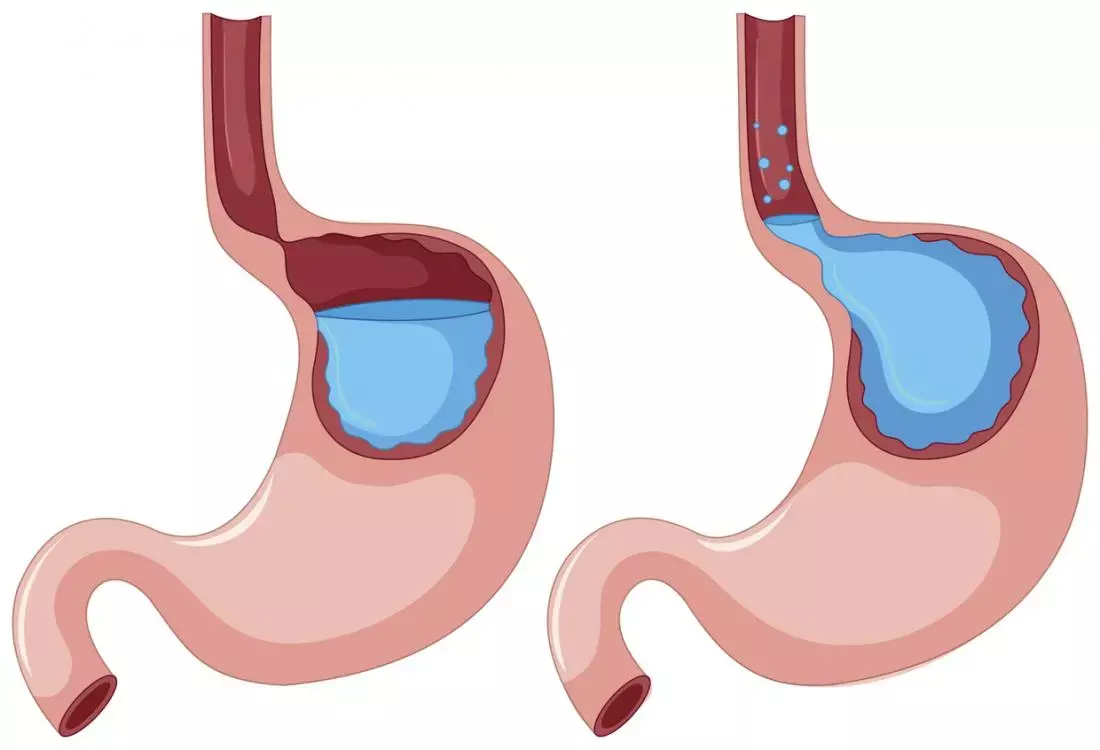- Home
- Medical news & Guidelines
- Anesthesiology
- Cardiology and CTVS
- Critical Care
- Dentistry
- Dermatology
- Diabetes and Endocrinology
- ENT
- Gastroenterology
- Medicine
- Nephrology
- Neurology
- Obstretics-Gynaecology
- Oncology
- Ophthalmology
- Orthopaedics
- Pediatrics-Neonatology
- Psychiatry
- Pulmonology
- Radiology
- Surgery
- Urology
- Laboratory Medicine
- Diet
- Nursing
- Paramedical
- Physiotherapy
- Health news
- Fact Check
- Bone Health Fact Check
- Brain Health Fact Check
- Cancer Related Fact Check
- Child Care Fact Check
- Dental and oral health fact check
- Diabetes and metabolic health fact check
- Diet and Nutrition Fact Check
- Eye and ENT Care Fact Check
- Fitness fact check
- Gut health fact check
- Heart health fact check
- Kidney health fact check
- Medical education fact check
- Men's health fact check
- Respiratory fact check
- Skin and hair care fact check
- Vaccine and Immunization fact check
- Women's health fact check
- AYUSH
- State News
- Andaman and Nicobar Islands
- Andhra Pradesh
- Arunachal Pradesh
- Assam
- Bihar
- Chandigarh
- Chattisgarh
- Dadra and Nagar Haveli
- Daman and Diu
- Delhi
- Goa
- Gujarat
- Haryana
- Himachal Pradesh
- Jammu & Kashmir
- Jharkhand
- Karnataka
- Kerala
- Ladakh
- Lakshadweep
- Madhya Pradesh
- Maharashtra
- Manipur
- Meghalaya
- Mizoram
- Nagaland
- Odisha
- Puducherry
- Punjab
- Rajasthan
- Sikkim
- Tamil Nadu
- Telangana
- Tripura
- Uttar Pradesh
- Uttrakhand
- West Bengal
- Medical Education
- Industry
Transoral Incisionless Fundoplication effective in reducing gastroesophageal reflux disease symptoms

Transoral Incisionless Fundoplication (TIF) utilizing the EsophyX device was found to be safe and effective in decreasing atypical gastroesophageal reflux disease symptoms at 6- and 12-month follow-up, says an article published in Gastrointestinal Endoscopy Journal.
The EsophyX device was used in the first transoral incisionless fundoplication (TIF) treatment in 2005. More than 17 000 surgeries have been finished since then. Since the early iterations of this process were the subject of the original European experience and publications, the EsophyX device was approved by the Food and Drug Administration in the United States in 2007. A minimally invasive endoscopic fundoplication approach is transoral incisionless fundoplication employing the EsophyX device. This study was carried out by Muhammad Haseeb and colleagues to evaluate the effectiveness of TIF for atypical GERD symptoms in individuals with chronic or resistant GERD.
Four important databases were thoroughly searched. The Reflux Symptom Index (RSI), a validated symptom questionnaire, was used in all first research examining atypical GERD. Pre-TIF and post-TIF RSI scores were evaluated at 6- and 12-month follow-up. Additionally, information on patient satisfaction, proton pump inhibitor (PPI) usage, adverse events, and technical success rate was gathered. Only TIF 2.0 and TIF with concurrent hiatal hernia repair (cTIF), which are presently used in practice utilizing the EsophyX device, were covered in the evaluation.
The key findings of this study were:
1. There were a total of 10 trials with 564 patients.
2. With a technical success rate of 99.5% and a pooled adverse event rate of 1%, the mean reduction of the RSI score post-TIF was 15.72 and 14.73 points at the 6- and 12-month follow-up, respectively.
3. More than two-thirds of the patients were content with their health status at both time points, and around three-quarters of the patients were no longer using daily PPI.
In conclusion, TIF enhances patient-centered results and offers patients on long-term medication treatment who experience atypical GERD symptoms a minimally invasive therapeutic alternative.
Reference:
Haseeb, M., Glissen Brown, J. R., Hayat, U., Bay, C., Bain, P. A., Jirapinyo, P., & Thompson, C. C. (2022). Impact of Second-Generation Transoral Incisionless Fundoplication on atypical GERD symptoms: A Systematic Review and Meta-analysis. In Gastrointestinal Endoscopy. Elsevier BV. https://doi.org/10.1016/j.gie.2022.11.002
Neuroscience Masters graduate
Jacinthlyn Sylvia, a Neuroscience Master's graduate from Chennai has worked extensively in deciphering the neurobiology of cognition and motor control in aging. She also has spread-out exposure to Neurosurgery from her Bachelor’s. She is currently involved in active Neuro-Oncology research. She is an upcoming neuroscientist with a fiery passion for writing. Her news cover at Medical Dialogues feature recent discoveries and updates from the healthcare and biomedical research fields. She can be reached at editorial@medicaldialogues.in
Dr Kamal Kant Kohli-MBBS, DTCD- a chest specialist with more than 30 years of practice and a flair for writing clinical articles, Dr Kamal Kant Kohli joined Medical Dialogues as a Chief Editor of Medical News. Besides writing articles, as an editor, he proofreads and verifies all the medical content published on Medical Dialogues including those coming from journals, studies,medical conferences,guidelines etc. Email: drkohli@medicaldialogues.in. Contact no. 011-43720751


